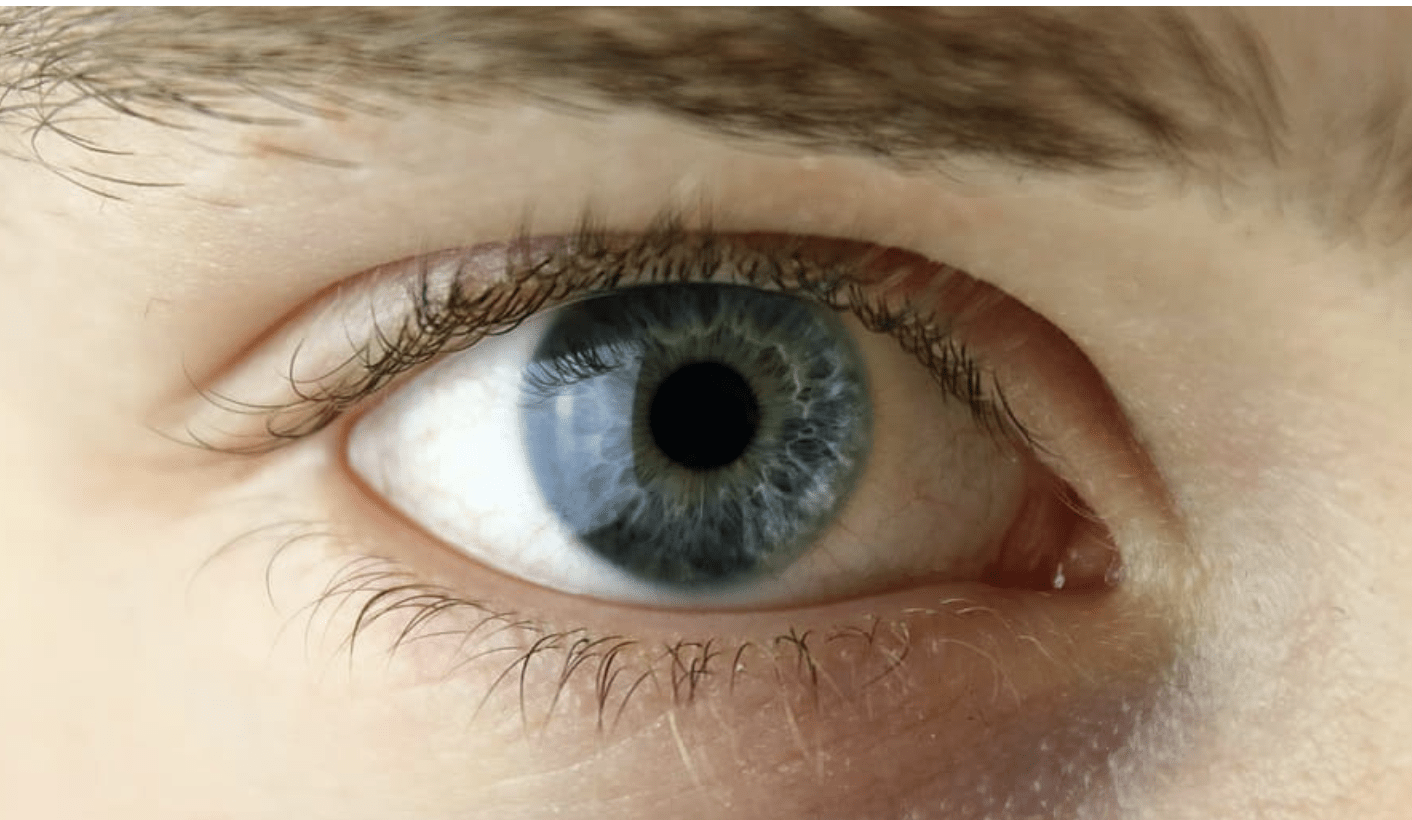EVERYDAY HEALTH – Today, Alzheimer’s disease (AD) can only be definitely diagnosed after a person dies. But new research suggests the possibility of much earlier diagnosis with a simpler, less invasive method: eye exams.
In a recent in-depth analysis, research published in the journal Acta Neuropathologica details how changes in the retina correspond to brain and cognitive changes in Alzheimer’s disease patients.
“These findings may lead to the development of imaging techniques that would be able to diagnose Alzheimer’s disease earlier and more accurately,” says senior author Maya Koronyo-Hamaoui, PhD, professor of neurosurgery, neurology, and biomedical sciences at Cedars-Sinai in Los Angeles.
The Eyes Provide a Window to the Brain
The connection between the retina and the brain is well known to researchers. The retina is part of the central nervous system, made up of the light-sensing layers of nerve tissue that connect the eye and brain.
But unlike the brain or spinal cord, the retina can be imaged directly, making it an ideal model for scientists. Much of what is known about the brain actually comes from studying this part of the eye, according to the National Eye Institute.
Scientists have been exploring how to use the imaging technology used in ophthalmology to measure levels of Alzheimer’s biomarkers in our eyes for several years now, says Percy Griffin, PhD, director of scientific engagement at the Alzheimer’s Association.
“The ability to easily detect the biological hallmarks of Alzheimer’s in the eye is intriguing, in that it may provide the ability to detect the disease in a noninvasive manner, in earlier stages before symptoms appear,” says Dr. Griffin, who was not involved in the study.
It’s estimated that 500,000 Americans are diagnosed with Alzheimer’s each year, according to BrightFocus Foundation, a nonprofit dedicated to brain and eye research …



